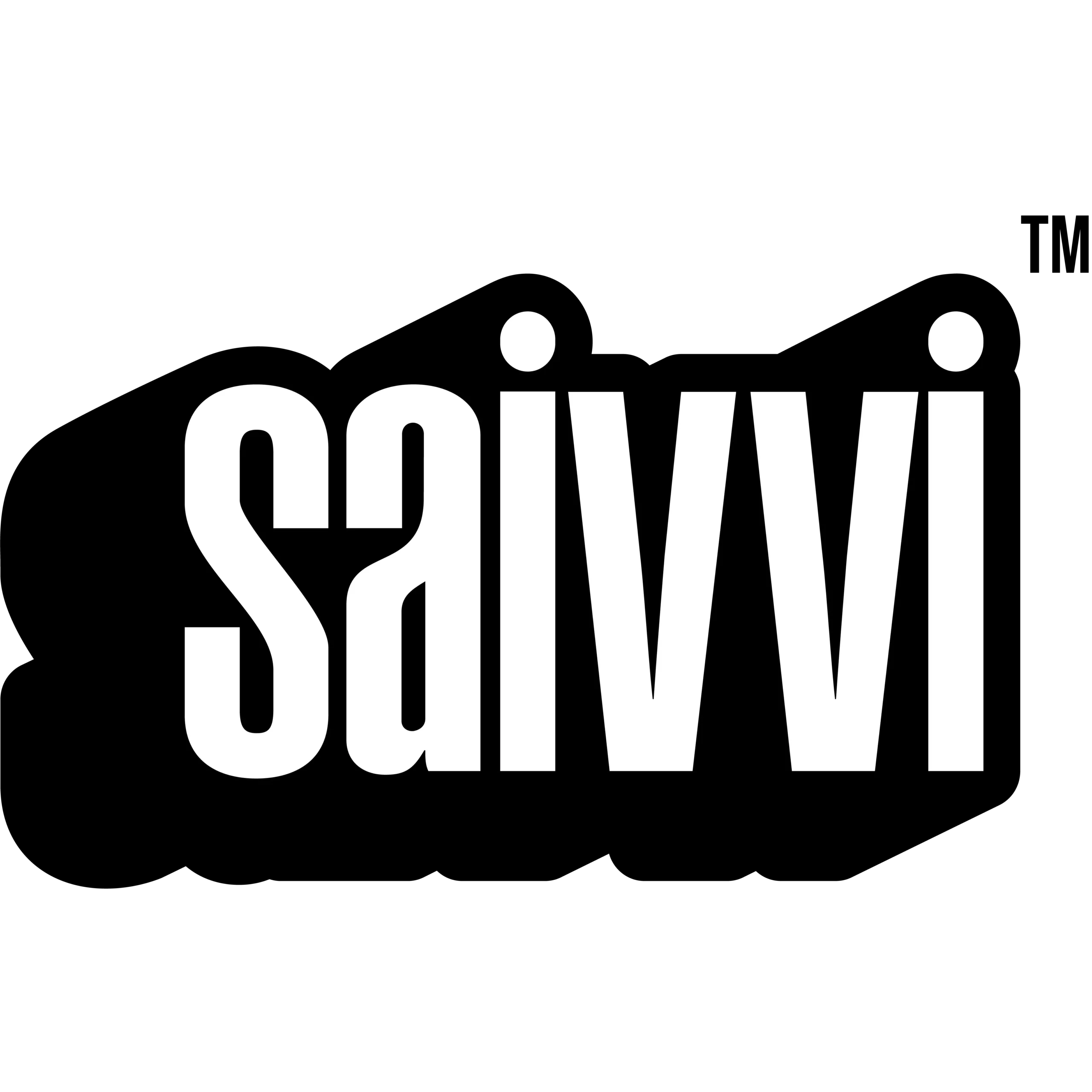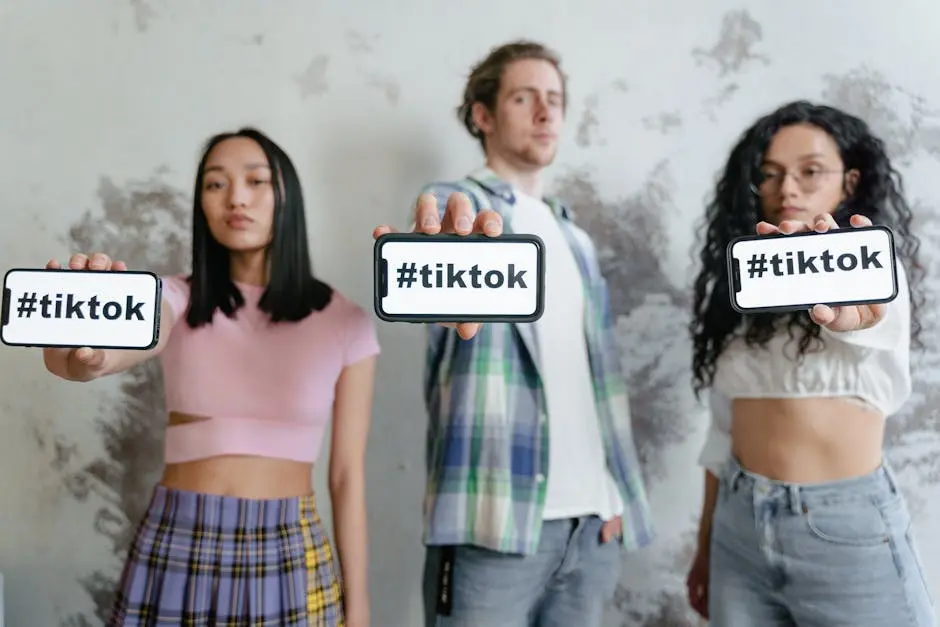As we embrace a new year, the world of social media continues to evolve at an unprecedented pace. Keeping up with the latest trends is vital for brands and individuals looking to stay relevant and engaging in this dynamic digital landscape. In this blog, we will explore six social media trends that are poised to make a significant impact in 2024, offering insights and strategies to help you navigate the future of social media effectively.
1. The Rise of Short-Form Video Content
The appeal of short-form video content continues to soar across various social media platforms like TikTok and Instagram Reels. In 2023, the trend shows no sign of slowing down, primarily due to our reduced attention spans and craving for easily digestible content. Savvy marketers understand that creating engaging, snappy videos can significantly boost brand visibility. Short, impactful stories capture attention quickly and encourage shares and further engagement. It’s the era of concise storytelling, where quality over quantity reigns supreme and platforms enhance their features to accommodate this trend in remarkable ways. With a focus on creativity and innovation, brands are competing to develop the most engaging clips that entertain and inform simultaneously.
Platforms like Instagram and TikTok continually evolve, offering creators tools to enhance their short-form video content with augmented reality and special effects. As noted in industry analyses, marketers are leveraging these features to increase their reach and engagement, adapting their strategies to align with the growing preference for this format Social Media Platforms Marketers Should Watch in 2023. Utilizing these emerging trends effectively can set a brand many steps ahead of its competition, engaging Gen Z and millennial audiences who prefer these bite-sized bits of content.
2. Augmented Reality Integration
Augmented Reality (AR) is revolutionizing the social media landscape by offering users immersive experiences that blend digital elements with the real world. Platforms like Snapchat and Instagram are spearheading this movement, enabling users to apply AR filters or experiences to their posts. This integration enhances interaction, drawing users back for unique and personalized experiences. With businesses increasingly investing in AR technology, they provide users with innovative product experiences, ultimately leading to an elevated sense of connection between the brand and the consumer. As we advance further into 2023, expect an upsurge in AR innovation, offering marketers novel ways to engage their audience and create memorable brand interactions.
3. The Age of Authentic Storytelling
In an era where transparency is valued more than ever, authentic storytelling has become a cornerstone of effective social media strategy. Consumers are increasingly demanding honesty and authenticity from the brands they follow. The key to success lies in weaving narratives that reflect true brand values and resonate on a personal level with audiences. Companies are moving away from overly polished content toward more genuine and relatable stories that showcase their human side. This shift allows brands to establish trust and foster deeper connections with their audience. In a world saturated with content, authenticity cuts through the noise and establishes a genuine dialogue.
Central to this trend is the dismissal of the “Perfect Post” Syndrome, where the quest for flawlessness often masks true connection. Platforms like Instagram are leaning into this trend, where users are drawn to stories that depict real-life scenarios rather than staged posts. Brands that embrace this approach find themselves more engaged with their followers, driving community growth and loyalty.
4. The Shift to Niche Communities
In 2023, there’s a notable shift towards niche communities on social media platforms. As users seek connections with like-minded individuals, platforms that cater to specific interests are flourishing. This trend enables brands to engage more effectively with their target demographics. Building active and engaged niche communities offers an opportunity for brands to establish themselves as leaders within specific areas of interest, fostering loyalty and enhancing brand affinity. Niche platforms tailor content for particular groups, allowing for more targeted marketing strategies and authentic interactions based around shared passions.
Sites like Reddit provide a case study in the power of niche communities, where users are deeply engaged and invested in specific topics, offering brands a unique opportunity for genuine connectivity. Business trends and industry analyses indicate that incorporating niche communities into broader social media strategies can amplify reach and resonate with audiences on a profound level, ultimately leading to increased engagement and consumer loyalty.
5. Voice Search Optimization
As voice search grows more prevalent, optimizing social media content for voice technologies is becoming increasingly crucial. With the rise of assistants like Alexa, Google Assistant, and Siri, consumers are changing how they search for information. Tailoring content to align with voice search characteristics—such as using natural language and answering common questions—can enhance discoverability and engagement. By investing in voice search optimization, brands can ensure they remain visible and accessible in this new, speech-centric digital environment.
6. Increased Focus on Privacy
Privacy remains a significant concern for users worldwide. Social media platforms are intensifying their focus on enhancing user privacy by implementing more stringent data protection measures. As analytics become more sophisticated, transparency about data usage is critical. In 2023, platforms are not only adjusting privacy settings but also educating users about managing their privacy. For users and brands alike, maintaining trust in the digital space is vital—this emphasizes the importance of compliant practices that protect user data. By remaining mindful of these changes and implementing respectful data policies, brands can uphold their commitment to privacy and user trust.
On a practical level, changes in privacy regulations, such as those brought about by GDPR or CCPA, demand that brands not only adjust their strategies but also communicate these changes effectively to their consumers. Engagement with these privacy standards ensures brands remain trustworthy and responsible in the eyes of consumers—a non-negotiable trait in today’s data-conscious marketplace.



